arawstern.wixsite.com/home
#Symbiosis #SymbioSky #MicroSky #PhDOpportunity #AcademicJobs

#Symbiosis #SymbioSky #MicroSky #PhDOpportunity #AcademicJobs

doi.org/10.1038/s415...
@benjwoodcroft.bsky.social @rhysnewell.bsky.social
🧵1/6

doi.org/10.1038/s415...
@benjwoodcroft.bsky.social @rhysnewell.bsky.social
🧵1/6


Join Dr. Tia-Lynn Ashman @drtialynn.bsky.social
and I at the U. of Pittsburgh, to test what drives the competitive outcomes between diploids and #polyploids
Details: shorturl.at/nQ8UW

Join Dr. Tia-Lynn Ashman @drtialynn.bsky.social
and I at the U. of Pittsburgh, to test what drives the competitive outcomes between diploids and #polyploids
Details: shorturl.at/nQ8UW
@meafkhami.bsky.social
@kerricrawford.bsky.social
@aclassen.bsky.social
@johnstinchcombe.bsky.social
@damianmicroeco.bsky.social
doi.org/10.1111/nph....

@meafkhami.bsky.social
@kerricrawford.bsky.social
@aclassen.bsky.social
@johnstinchcombe.bsky.social
@damianmicroeco.bsky.social
doi.org/10.1111/nph....
#plantscience
www.science.org/doi/10.1126/...

#plantscience
www.science.org/doi/10.1126/...
(1/5) We reveal how root architecture and nutrient leakage shape spatial patterns of microbial colonization, moving beyond traditional models of uniform exudation.
Learn more in this week's issue: https://scim.ag/3WgNajk

(1/5) We reveal how root architecture and nutrient leakage shape spatial patterns of microbial colonization, moving beyond traditional models of uniform exudation.


news.miami.edu/stories/2025...
news.miami.edu/stories/2025...
#ISMEJournal by @duhitasant.bsky.social et al from @timbarra.bsky.social
with Tom Bell, @kayla-king.bsky.social
academic.oup.com/ismej/advanc...
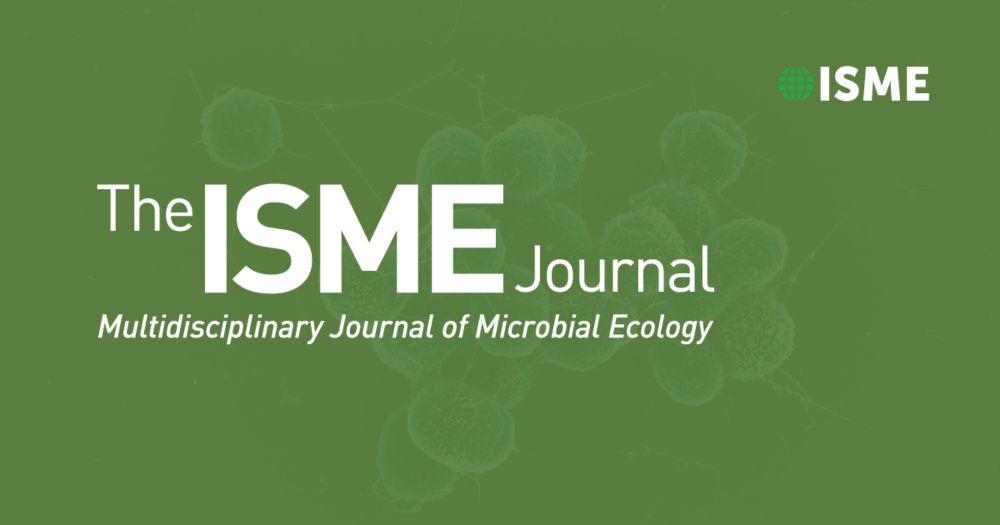
#ISMEJournal by @duhitasant.bsky.social et al from @timbarra.bsky.social
with Tom Bell, @kayla-king.bsky.social
academic.oup.com/ismej/advanc...
For every one of the 47 bee genera we have beautiful photo(s) and natural history facts
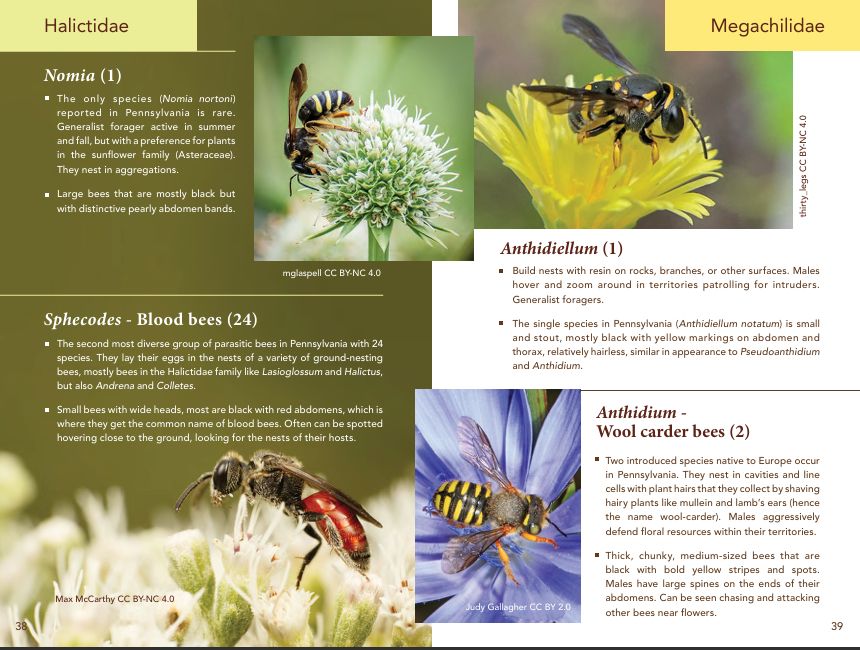
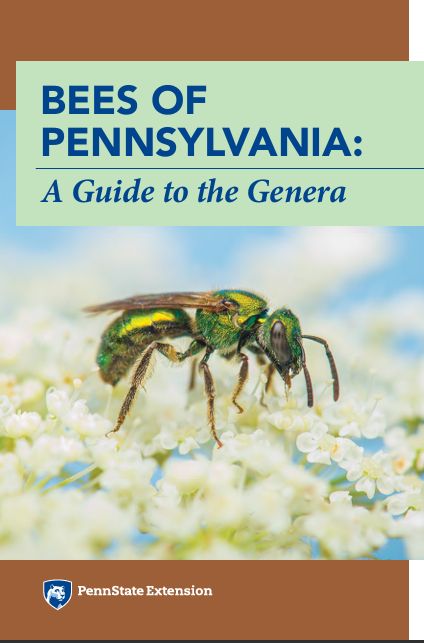
For every one of the 47 bee genera we have beautiful photo(s) and natural history facts
Incorporating microbial traits improves predictions of biogeographic shifts.
Fun project w @balachaudhary.bsky.social @smriti-pehim-limbu.bsky.social @sturmer.bsky.social @aguilart.bsky.social
www.pnas.org/doi/10.1073/...
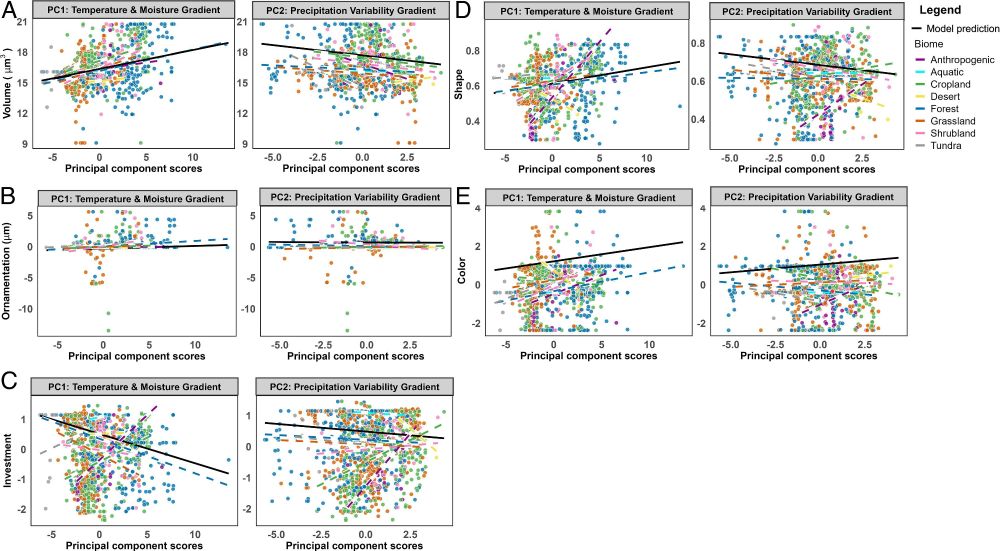
Incorporating microbial traits improves predictions of biogeographic shifts.
Fun project w @balachaudhary.bsky.social @smriti-pehim-limbu.bsky.social @sturmer.bsky.social @aguilart.bsky.social
www.pnas.org/doi/10.1073/...
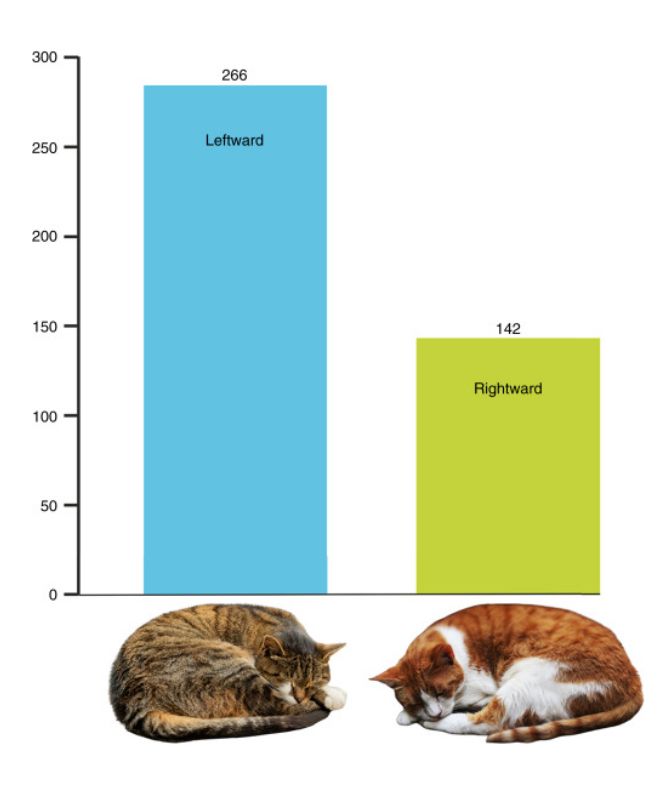
Thank you to Morgane & @mycocentriq.bsky.social for organizing!
@csee-scee.bsky.social
@csee-sceemtgs.bsky.social
#CSEE2025


Thank you to Morgane & @mycocentriq.bsky.social for organizing!
@csee-scee.bsky.social
@csee-sceemtgs.bsky.social
#CSEE2025
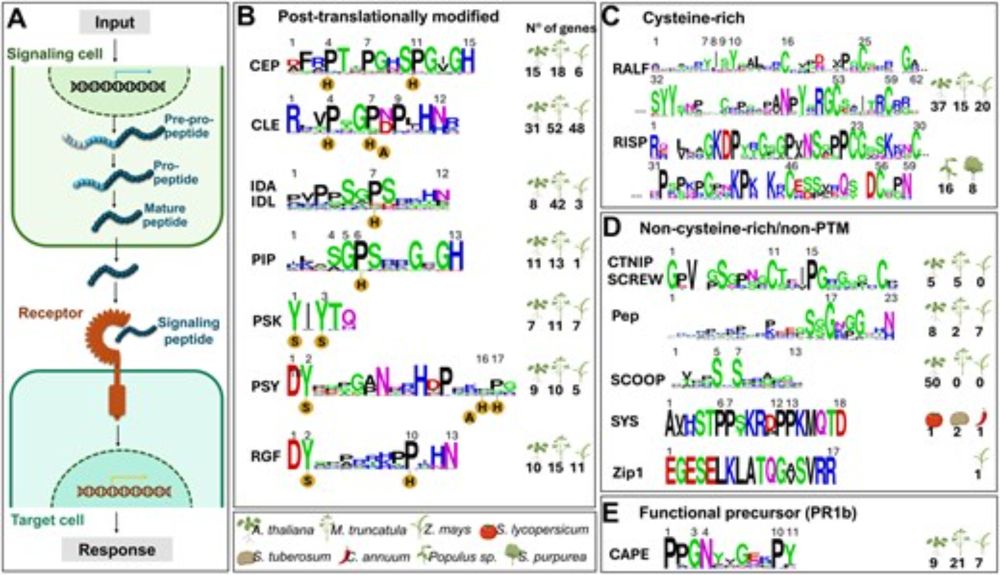
We use a model legume to assess how plant host genotype and microbes non-additively interact to shape plant growth and disease ecology.
Check it out here: doi.org/10.1111/pce....
We use a model legume to assess how plant host genotype and microbes non-additively interact to shape plant growth and disease ecology.
Check it out here: doi.org/10.1111/pce....
Soil microbial responses to multiple global change factors as assessed by metagenomics
www.nature.com/articles/s41...

Soil microbial responses to multiple global change factors as assessed by metagenomics
www.nature.com/articles/s41...

We describe a new mechanism for CLE peptides as local symbiosis-amplifying signals, promoting plant interactions with beneficial arbuscular mycorrhizal fungi.
Congratulations @sagarbashyal.bsky.social et al.!
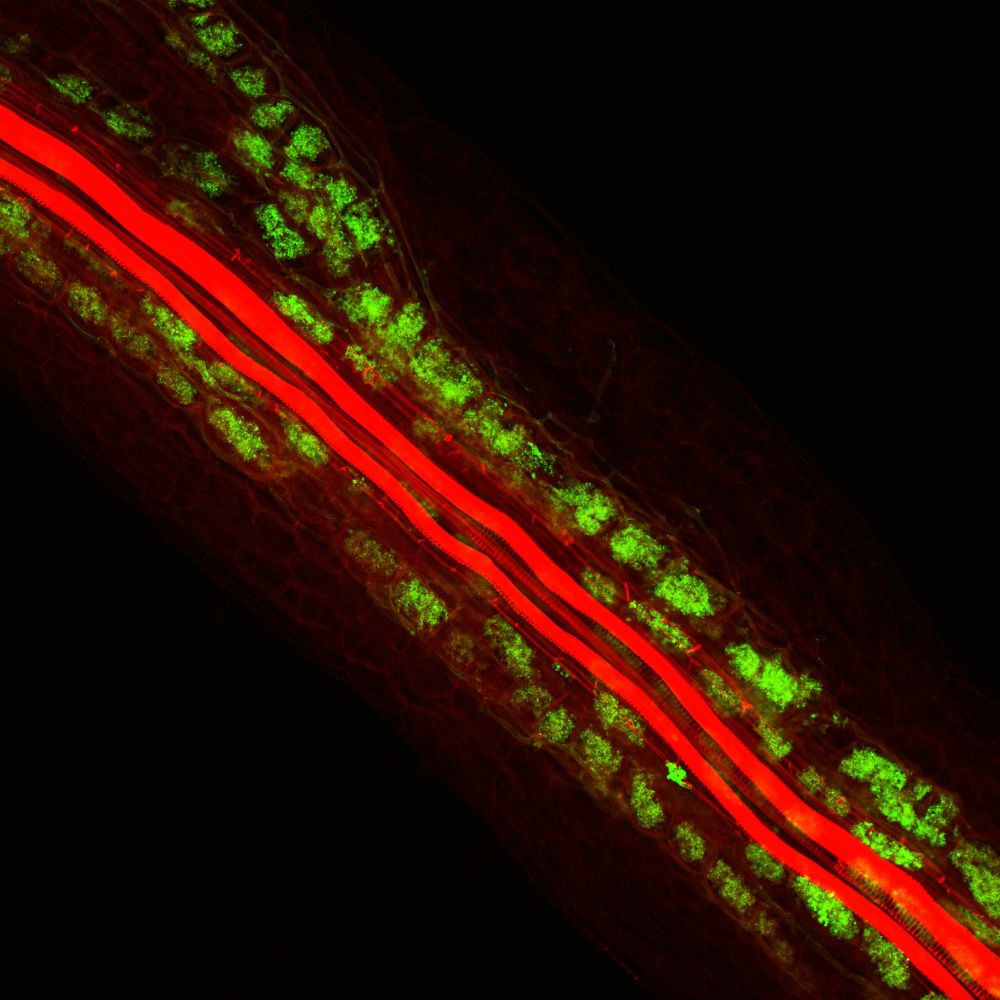
We describe a new mechanism for CLE peptides as local symbiosis-amplifying signals, promoting plant interactions with beneficial arbuscular mycorrhizal fungi.
Congratulations @sagarbashyal.bsky.social et al.!
onlinelibrary.wiley.com/doi/full/10....

onlinelibrary.wiley.com/doi/full/10....


